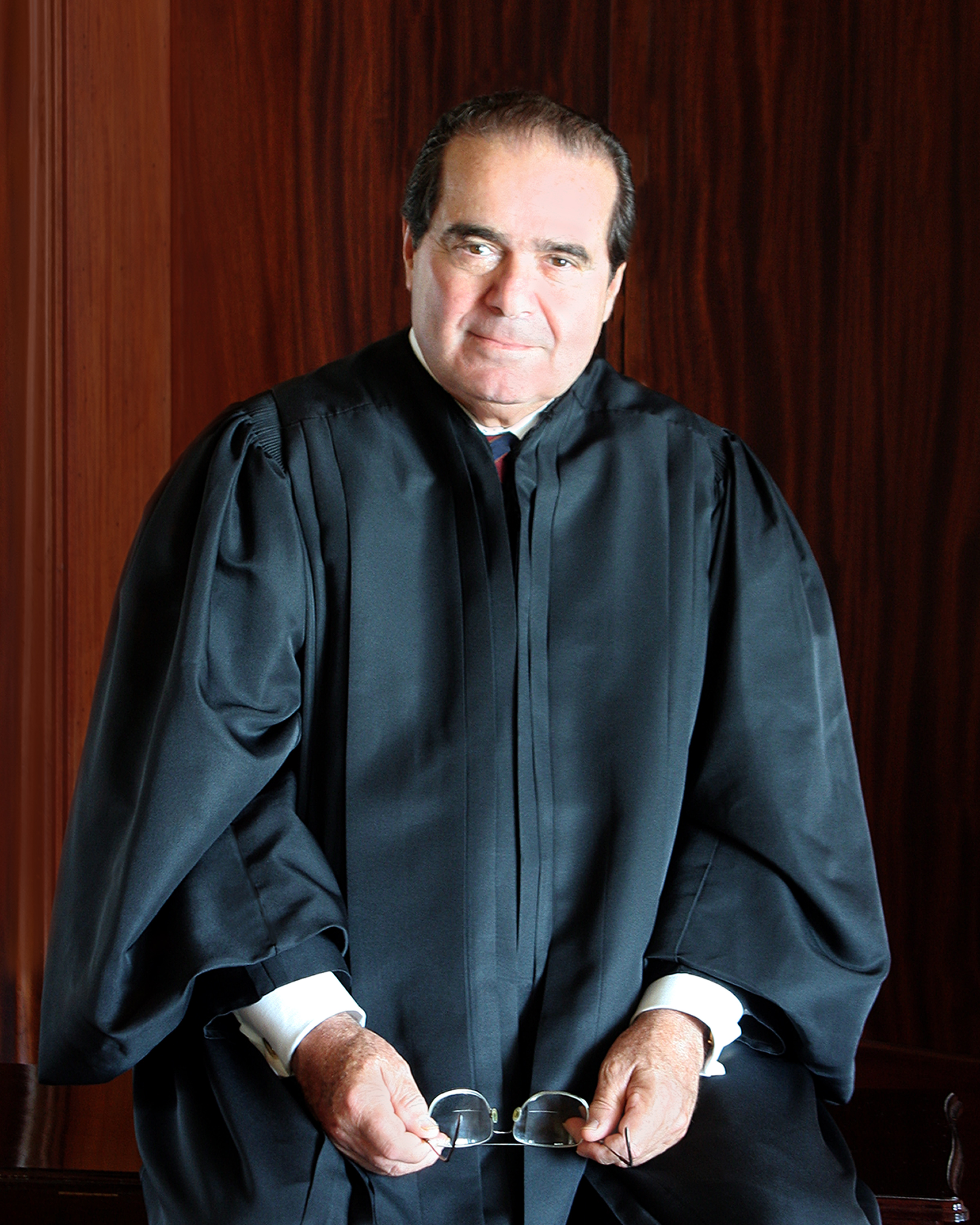Justice Antonin Scalia has passed away this morning. I send my thoughts to his family and friends.
He was arguably the most conservative Justice to serve on the Supreme Court, and his death changes the balance of the court and the tone of the upcoming presidential election.
Certain questions have been raised since Scalia’s death was announced, namely whether a lame duck president in his final year should make a lifetime appointment. Within hours of Scalia’s death being publicly announced, Senate majority leader Mitch McConnell insisted that the next president should choose Scalia’s replacement, while Harry Reid has said Obama should send a replacement to the Senate right away.
There are ten months left in the Obama administration. Some have cited the Thurmond Rule, the unofficial rule that says that a president shouldn’t nominate a judge to a lifetime appointment during his/her last six months in office. This rule has its origins in 1968, when Lyndon B. Johnson tried to nominate a Supreme Court justice to replace Earl Warren in the last six months of his term. He was blocked by Senator Strom Thurmond, hence the rule’s moniker.
It is important to note the the Thurmond Rule hasn’t been followed in the past; several presidents have successfully appointed Justices in their final months of office. With a vacant seat on a Court with four conservatives and four liberals, it’s likely that rulings will stagnate until a new Justice fills Scalia’s seat.
The president has the constitutional obligation to appoint a Judicial nominee when one becomes vacant. I hope that the Senate is willing to seriously consider his nomination and act to make the Supreme Court whole again.



























